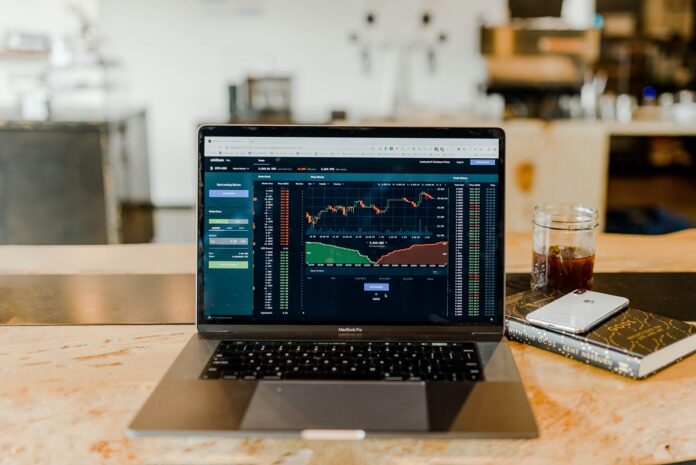If you are a regular trader in the stock market, you might be knowing what’s Sensex today. But if you are new to this term, it is very important to know about it in-depth so that you can start your trading in shares.
This term was named by the stock market analyst Mr. Deepak Mohoni from two words i.e.,Sensitive and Index. The main aim of the Sensex is to show an index of the Bombay Stock Market that was established back in 1875. Up to the year 1986, there was no such official index of the BSE but once the Sensex came into being, it helped in analysing the performance of the market. It is one of the oldest stock indexes in India.
Sensex includes the 30 prominent stocks that are actively being traded in the market. It truly reflects the performance of the Indian stock market. If the value of the Sensex is increasing, it means the prices of the shares are increasing, in case the Sensex starts decreases, it means the general share prices of the shares are decreasing.
Earlier the Sensex was calculated using the weighted market capitalization method. But from September 1, 2003, the free-float market capitalization methodology is used. Almost all the countries around the globe use this method for the calculation of their indices. In this, the performance of the 30 stocks is selected that has a direct effect on the level of the index.
Free-float market capitalization: It is the product of market capitalization and the free float factor. Free floats are referred to as the percentage of total shares that are issued by the company and are readily available to be traded in the market. It excludes the shares that are held by the parties like promoters, government, etc. On the other hand, the market capitalization is calculated by multiplying the price of the share with the total shares issued in the market.
Following are the steps to show how Sensex is calculated.
- The Sensex comprises the 30 stocks that are selected according to the set criteria of the authorities.
- First of all the market capitalization of all the 30 companies is determined carefully.
- After that, the free-float market capitalization is calculated for all 30 companies.
- All the free float market capitalizations are summed up to get the total free-float market capitalization of 30 companies.
- After that the formula is applied for the calculation of Sensex i.e. (totally free-float market capitalization/ base market capitalization) base index value.
- The base year that is used to calculate Sensex is always the year 1978-79, and it has not been changed yet. The base index value is always 100.
This is how every day the value of Sensex is being calculated. The day from which it has been incorporated in the BSE has made it very easy to analyse the performance of the Indian Stock market. 5paisa is the platform that understands the value of money and provides all the basic knowledge to their clients so that their returns are maximized. It is an easy-to-use interface that aims in providing all the real-time information to the investors.


